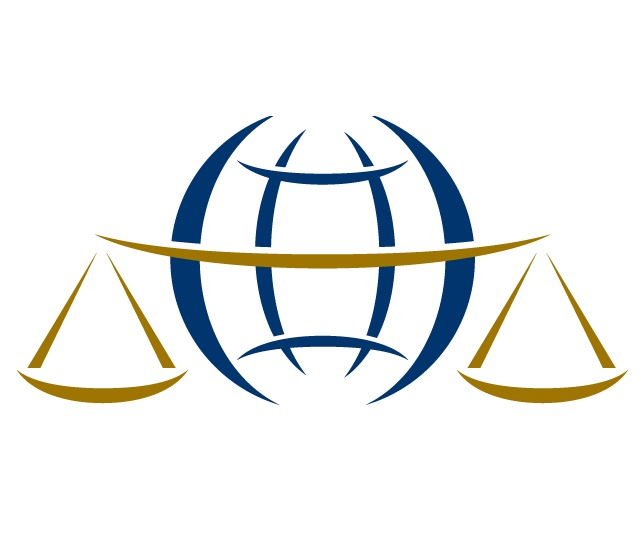Costa Rica Has A New Arbitration Law
Costa Rica has a new Arbitration Law, which is based on the 2006 version of the UNCITRAL Model Law. The relative speed with which the new Arbitration Law was adopted came as a surprise to many. Only a few months ago, at the Second International Arbitration Congress organized by the ICC Costa Rica in San…

